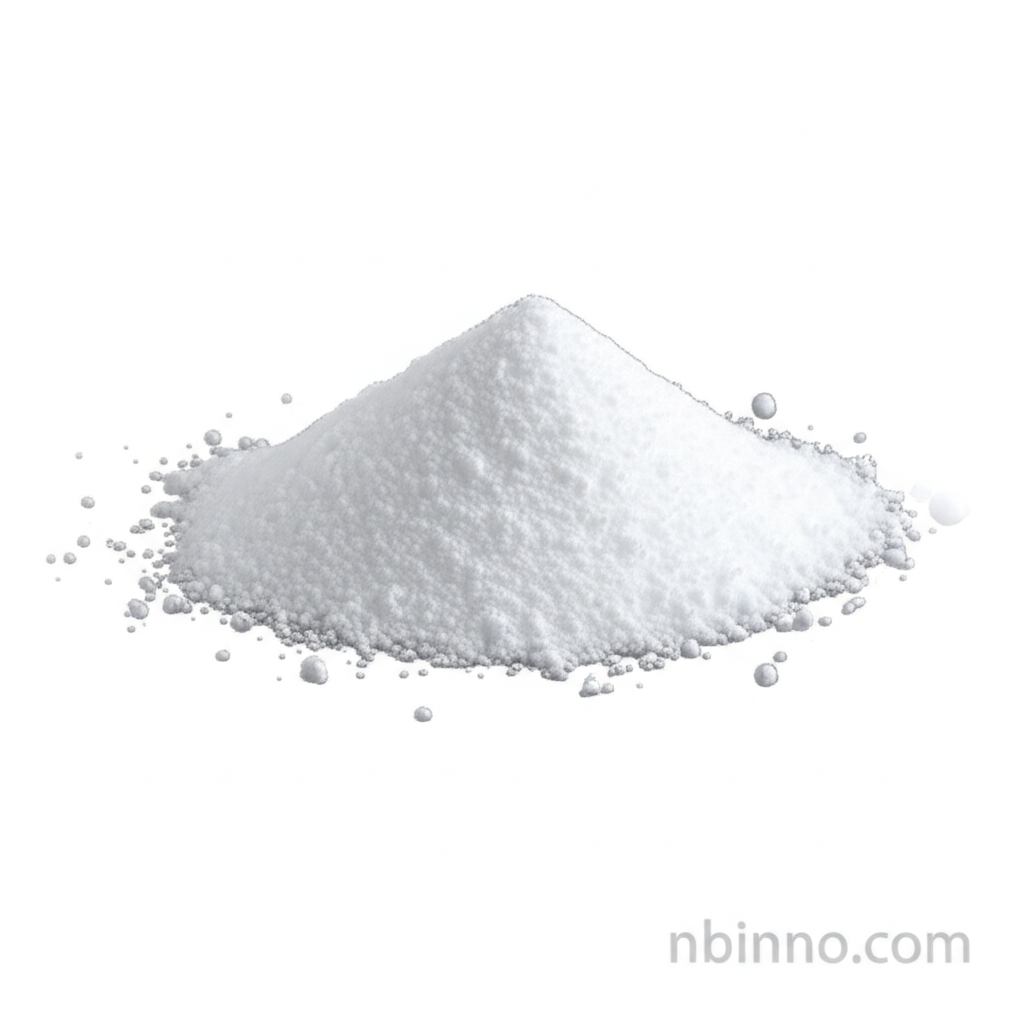Exploring B7-33 Peptide: A Novel Relaxin Analog for Cardiovascular and Fibrotic Disease Research
Discover the potential of B7-33, a synthetic peptide for groundbreaking research in heart health and tissue regeneration.
Get a Quote & SampleProduct Core Value

B7-33 Peptide
The B7-33 peptide is a synthetic analog of H2 relaxin, engineered to target the relaxin hormone receptor RXFP1. It has demonstrated promising results in cardiovascular and fibrosis research, offering potential therapeutic benefits for conditions like heart failure and kidney fibrosis. Its ability to modulate tissue remodeling and inflammation makes it a valuable tool for developing novel treatments for fibrotic diseases.
- Explore the distinct signaling pathway of B7-33 peptide, focusing on the pERK pathway, which may differentiate its action from H2 relaxin's cAMP pathway in its anti-fibrotic capabilities.
- Investigate the vasoprotective effects of B7-33, as suggested by studies on rodent models, potentially augmenting endothelium-dependent relaxation and protecting blood vessels from damage.
- Understand the application of B7-33 in the context of preeclampsia, a serious pregnancy disorder, and its potential role in modulating vascular endothelial growth factor (VEGF).
- Learn about the anti-fibrosis potential of B7-33, with research indicating a significant reduction in cardiac tissue fibrosis and potential development of fibrosis without promoting tumor spread.
Advantages of the Product
Targeted Receptor Interaction
The B7-33 peptide shows a strong affinity for RXFP-1 receptors, enabling specific interactions crucial for understanding its biological functions and therapeutic potential in various research areas.
Distinct Signaling Pathway
Unlike H2 relaxin, B7-33 may act via the pERK pathway, potentially offering a way to achieve anti-fibrotic effects without the associated risks of cAMP activation, such as tumor formation.
Therapeutic Potential in Disease
Research suggests B7-33's efficacy in animal models for conditions like preeclampsia and fibrosis, highlighting its promise as a future therapeutic agent for managing chronic diseases and improving patient outcomes.
Key Applications
Cardiovascular Research
Utilize B7-33 peptide in studies investigating heart function, blood pressure regulation, and potential treatments for heart failure, leveraging its role in tissue remodeling.
Fibrosis Studies
Employ B7-33 as a tool to explore anti-fibrotic mechanisms and develop treatments for conditions characterized by excessive fibrous connective tissue formation, such as kidney and cardiac fibrosis.
Preeclampsia Investigations
Investigate the B7-33 peptide's impact on cellular models of preeclampsia, focusing on its potential to upregulate VEGF and offer protective effects against pregnancy-related hypertensive disorders.
Biomaterial Coatings
Explore the use of B7-33 in peptide-coated medical devices to mitigate fibrotic encapsulation, as demonstrated in animal studies, thereby improving device longevity and efficacy.
